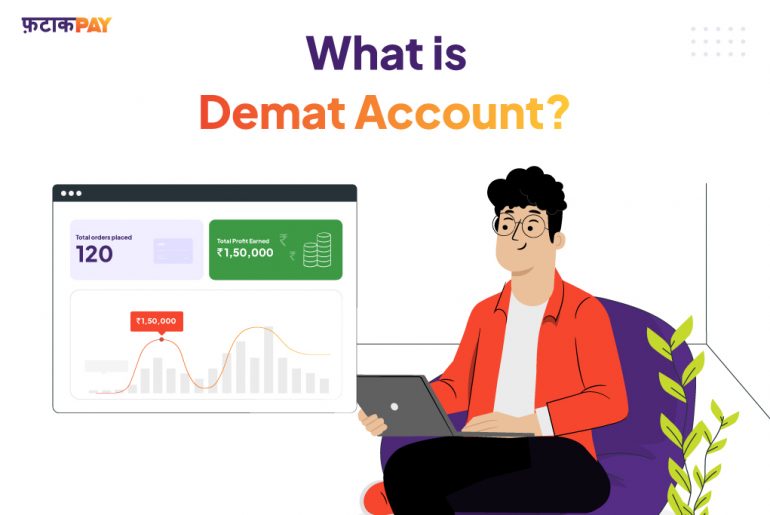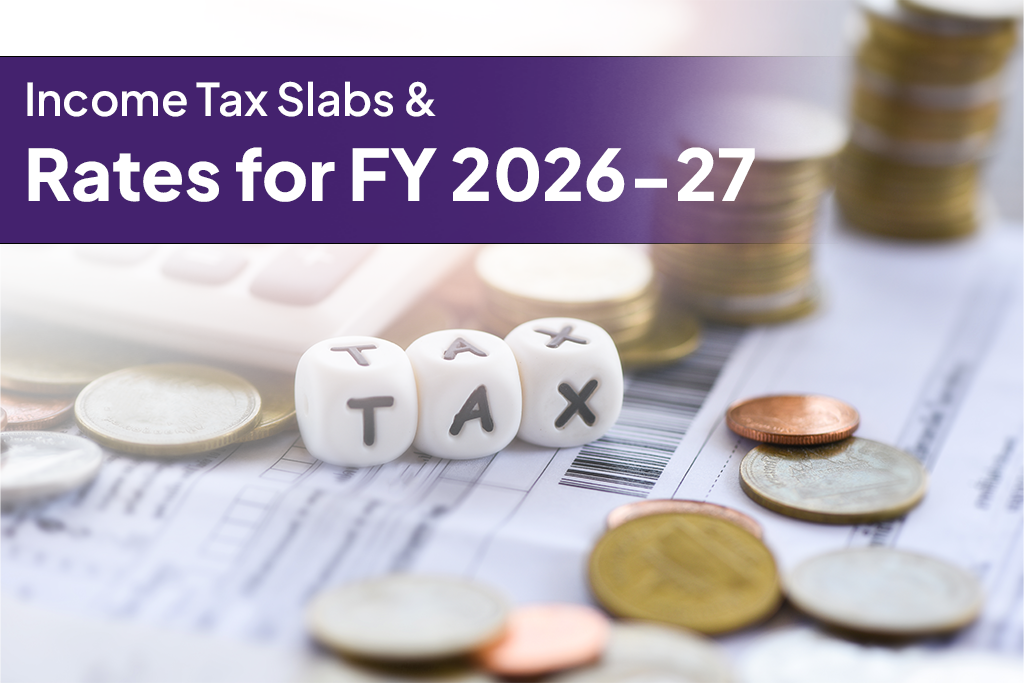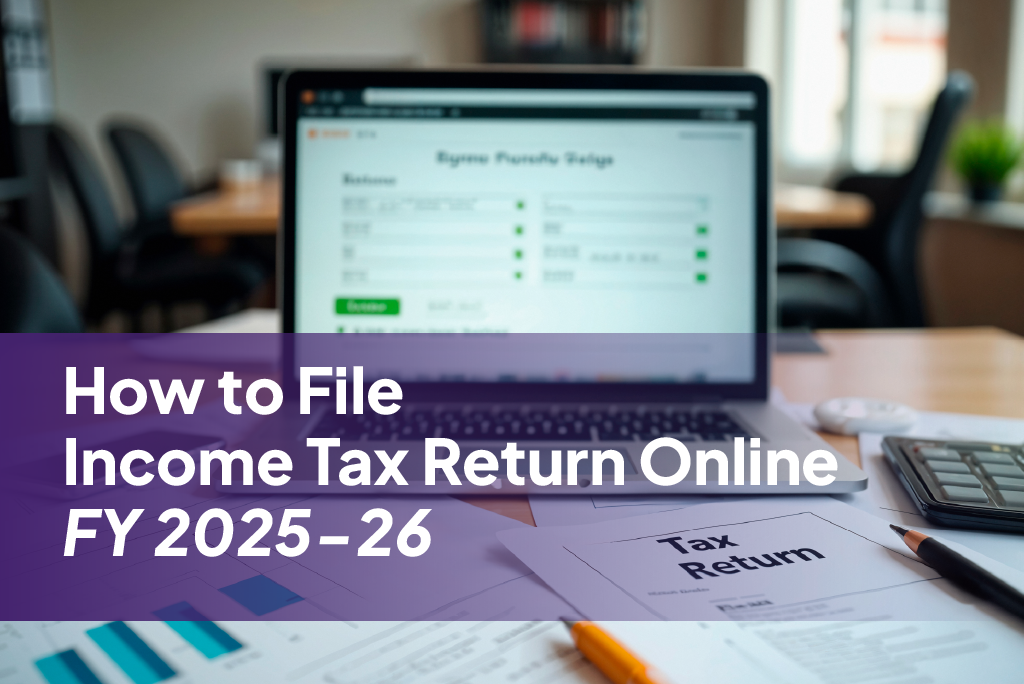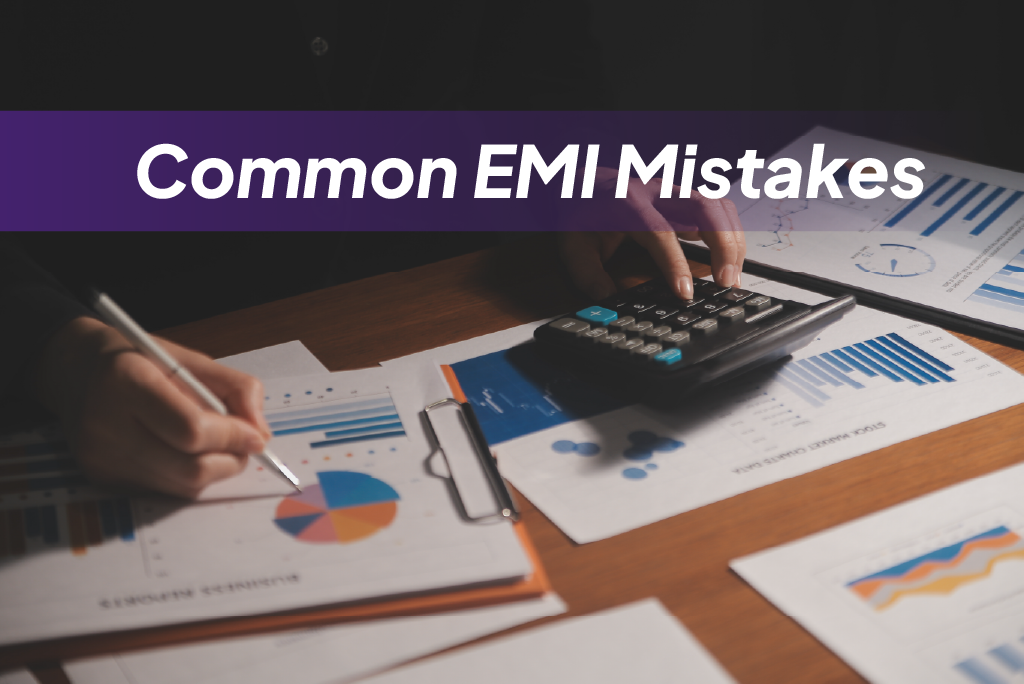Introduction:
New to the world of investing? Learn all about Demat accounts – a digital account that holds your securities in electronic format. From the benefits to the process of opening one, this blog covers everything you need to know about Demat accounts to start your investment journey with confidence.
Brief Explanation:
Dematerialization, which makes it simple to retain and access share certificates from any location, is the process of turning the physical share certificates into electronic form. Shares were maintained as tangible certificates that were difficult to store and transfer. It became much simpler to manage shares with the introduction of a demat account. An investor must open a demat account with a depository participant to convert their physical shares into digital form.
A brief history:
A Demat account is a crucial instrument for storing shares safely. Demat accounts streamline and simplify the share trading process. Share certificates were used at first to hold shares in a physical form. That made the entire process tiresome and drawn out. The National Securities Depository Limited (NSDL) was founded in 1996 in India, to do away with these restrictions. They introduced the idea of Demat accounts, which allowed for the computerised storage of company shares and securities.
Benefits of a Demat account:
Removes the risk associated with paper-based share certificates:
If you owned business stock, you had to maintain a dozen paper certificates in a safe place. They were subject to forgery, theft, loss, and tampering. Furthermore, the transfer of shares required a lot of time-consuming paperwork that was prone to mistakes and delays. You can now electronically store all of these shares in a protected digital repository.
Easy share storage and transfer:
By storing any number of shares here, you can trade in large volumes and keep track of the specifics of all the shares you own. Also, it makes quick share transfers possible when trading online.
Bonus stock splits are automatically updated:
If a firm whose shares you own takes a decision that affects its stock, such as a bonus issue or stock split, your account will be updated automatically.
Holds a variety of investments:
In addition to shares, a this account may also store bonds, mutual funds, and exchange-traded funds. public securities, etc.
Convenient online access Via your smartphone or laptop:
You may access your account at any time and from any location.
Nomination:
It additionally offers the nomination feature by the depository’s process description. The designated nominee will get the shareholding in the demat account in the event of the investor’s death.
How does a Demat account work?
Purchased Shares are kept in demat accounts.
You must sign into your Demat and trading account, which is connected to your bank account if you wish to purchase or sell a specific share.
A “buy” or “sell” order is immediately forwarded to the stock exchange by the Depository Participant when it is made in a trading account.
The exchange then looks for a seller who wants to sell shares if the order is to “buy” the stock. For the order to match, The seller’s price and the buyer’s price have to be the same.
Once the order is matched, x number of shares are debited from the seller’s demat account and x number of shares are credited to the buyer’s demat account. This process takes place in the clearing houses.
Please keep in mind that the buyer and the seller may have Demat Accounts with different depositories.
Types of Demat Account:
There are three main categories of Demat Accounts that Depository Participants offer in India.
Normal Demat Accounts:
These are only available to Indian citizens. If you deal with equity trading and investments, your best option is a standard Demat Account. The type subscribed, the volume in the account and the numerous terms and conditions established by the depository and the DP (Depository Participant) all play a role in the Demat fees
Repatriable Demat Account:
NRIs who want to immediately invest in the Indian Stock Market from anywhere in the globe should use this type of account. Such an account is beneficial to NRIs because it allows them to transfer money to numerous foreign nations. However, NRIs who want to maintain a Repatriable Demat Account must also hold a related NRE bank account.
Non-repatriable Demat Account:
This is also for NRIs and is comparable to a repatriable Demat Account. You cannot, however, move money outside of the country using this account. A person has to link their account to a Non-resident Ordinary (NRO) bank account.
Documents required:
- A photograph as identification proof. Some of these include the Aadhar card, PAN card, driver’s licence, etc.
- Residence proof.
- Proof of bank account. A passbook or bank account statement that is no older than three months
- Income Proof – Taxes or pay slips. It is necessary for the currency and derivatives segment.
How to use a Demat Account?
A demat account is easy to use. Your trading account and your demat account are linked to your bank account. You must transfer money from your bank to the trading account before you can start trading.
You can use your trading account to place an order to purchase shares after adding funds. The shares will be transferred to your demat account by the end of T+two days after the order is executed, where T is the day the transaction was executed. All these procedures take place quickly and seamlessly since the demat and trading accounts are closely integrated. In a similar vein, you can sell a share in your demat account by using your trading account to place a sell order on the stock exchange.
Additional links:
Thank you for reading our blog! We hope you can apply these learnings when you consider opening a Demat account 🙂 Here are some other blogs/LinkedIn articles for you to check out.
https://fatakpay.com/blog/what-is-credit-risk
https://fatakpay.com/blog/what-are-gold-etfs/
https://www.linkedin.com/pulse/what-nbfc-fatakpay/?trackingId=D2%2B1JHBR2HJnAYNnR2K8Rw%3D%3D
About FatakPay:
FatakPay provides virtual credit facilities for all. It’s available on your phone and caters to your everyday needs in both online and offline formats. Payments are done seamlessly through UPI/QR codes. The solution provides an almost zero cost, free, quick, transparent and secure way to transact in a multilingual format with a Scan Now, Pay Later facility and easy repayment options.
Link to FatakPay App: https://link.ftkp.in/2uSI/dkasgvnf
| Personal Loans by City | ||||
|---|---|---|---|---|
| Personal Loan Bengaluru | Personal Loan Thane | Personal Loan Mumbai | Personal Loan Hyderabad | |
| Personal Loan Pune | Personal Loan Surat | Personal Loan Coimbatore | Personal Loan Delhi | |
| Personal Loans by Amount | ₹60,000 Personal Loan | ₹3 Lakh Personal Loan | ₹5 Lakh Personal Loan |
|---|





